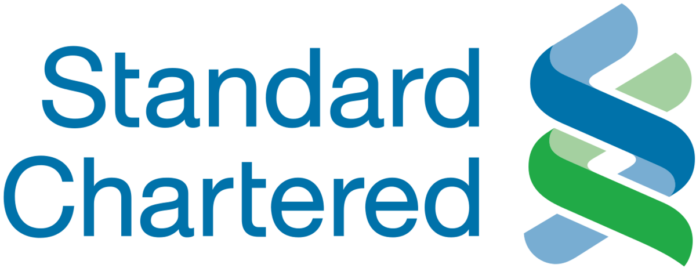Standard Chartered (the Group) announced its launch of a USD50 million global fund providing assistance to those affected by the COVID-19 pandemic.
The Group will immediately donate $25 million to support emergency relief in our most affected markets. The additional $25 million will help communities over the medium term to recover from the economic impact of the virus.
It will also match contributions made by its employees and other donors to meet the $50 million target. All the Group’s board and management team members will be making personal contributions to the fund.
This came a day after the Group’s commitment, announced on 30 March, of USD1 billion of financing for companies that provide goods and services to help the fight against COVID-19, and those planning the switch into making products that are in high demand to fight the global pandemic.
Companies in scope include all those associated with helping to tackle COVID-19, including manufacturers and distributors in the pharmaceutical industry and healthcare providers, as well as non-medical companies that have volunteered to add this capability to their manufacturing output – goods in scope include ventilators, face masks, protective equipment, sanitizers and other consumables.
Simon Cooper, CEO of Corporate, Commercial & Institutional Banking at Standard Chartered, said: “Clearly there’s a cost for companies to switch into these hugely in-demand items, so it’s an area where we can help them get up and running more quickly. At the same time, we want to make sure that existing manufacturers and service providers get the support they need.”
The bank intends to provide, at preferential rates, at least USD1 billion of financing to those companies in the form of loans, import/export finance or the working capital facilities that they use for day-to-day business operations to help them tool up, and help existing manufacturers get their products to market.
Standard Chartered is also trying to identify companies that may wish to switch into or add anti-virus products to their output but haven’t indicated that they will do so at this stage. “Our industry teams are looking across our client base and, given our understanding of clients’ current manufacturing processes, we’re assessing which companies might want to consider adding these items to their production line,” Simon added.
All financing will be subject to companies having received regulatory approvals to manufacture the goods.














